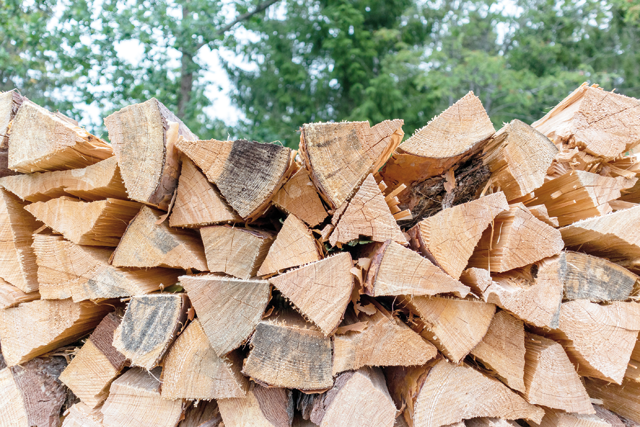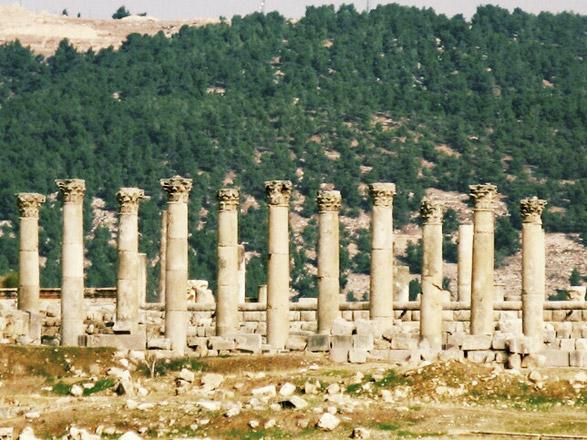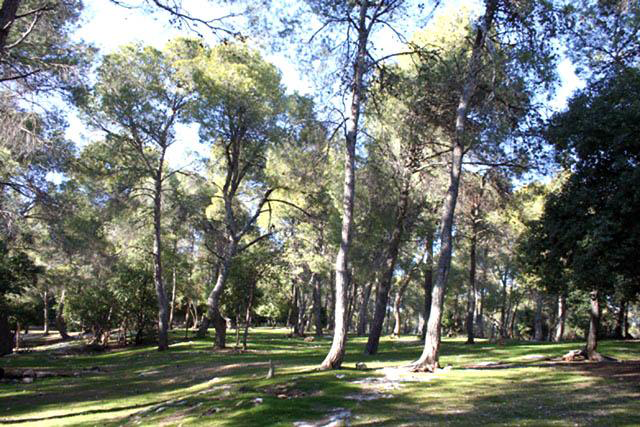You are here
Protecting Jordan’s forest cover requires stiffer penalties for illegal logging —JEU president
By Rana Tayseer - Jan 22,2023 - Last updated at Jan 22,2023

Representative image (Photo courtesy of unsplash/Andreas Pajuvirta)
AMMAN — Stiffer penalties for illegal logging and better coordination between authorities are critical to strengthen protections for forest cover in Jordan, according to President of the Jordan Environment Union (JEU) Omar Shoshan.
Last week, Khaled Manasir, director of the Forestry Department at the Ministry of Agriculture, said that violations of forestland regulations are going down, owing to the many measures followed by the ministry, including stiff penalties.
Illegal logging in particular is decreasing, Manasir said, according to Al Mamlaka TV.
In spite of the decline in violations, Shoshan called for enhanced coordination between all authorities to put in place improved forest management, adhering to best international practices.
“Coordination between the public and private sectors is important, making use of the latest technologies to help better protect the forests,” Shoshan told The Jordan Times.
Some resort to illegal logging due to the high demand for firewood during winter, Shoshan said.
“Jordan is affected by climate change, and we need plans to protect the forestland, in addition to planting more trees and the timely upkeep of forests,” he said.
Forests in Jordan make up less than 1 per cent of the country’s total area (89,342 square kilometres), placing the Kingdom among the poorest countries in the world in terms of forest cover, according to official figures. The internationally accepted average of land covered by forests is 15 per cent of the total area.
Forestland in Jordan amounts to 1.5 million dunums, of which 250,000 dunums are bare, 400,000 dunums are natural forests, 500,000 dunums are planted forests and 350,000 dunums are nature reserves, according to recent official figures
Under the law, illegal loggers face a six-month prison term and a fine that is three times the value of the logged trees, be it from a public or private property.
Related Articles
AMMAN — Work is under way to exempt imported wood from customs duties, in a bid to reduce deforestation, an official said.Stakeholders will
AMMAN — Dozens of trees in the forests of Ajloun, most of which were hundreds of years old, were deliberately cut down by unknown persons, a
AMMAN — The Ministry of Agriculture will adopt modern forestry management technologies, including remote sensing and artificial intelligence


















